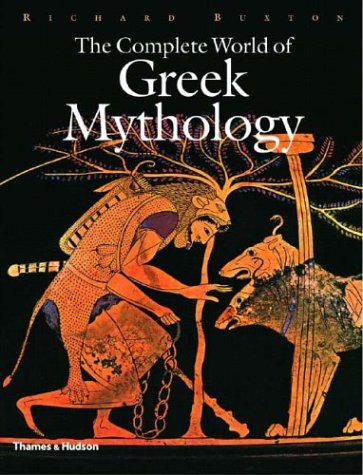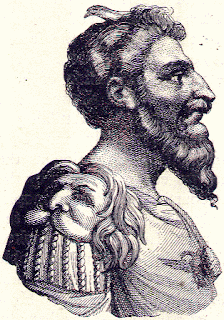My god isn't always your god
Last Saturday was an informational and kind of confusing
seminar. We first started the class with the Romans myth adopted from the
culture that they conquered as their empire expanded. Romans made the Greek
gods their myths. Romans mostly used the
gods as symbols rather than the humanistic and involved deities they were used
for the Greeks. Rome wasn’t the only one that stole the stories from Greece.
The Greeks got mostly of their myths from the Mesopotamians culture as they
conquered them. With these myths they were able to make great art of the Greek
gods. The part that was confusing was that there was so many different stories
that was told; but Ms. White did said that there so many different stories
because it depend on the person that is telling the stories, but some part of
the myth is going to similar. With this in mine this mean that there is no
right or wrong answer.
The firs myth came back as far as 8th
century BC of questionable origins. The first gods was Chaos (Nothing/Void),
Gaia (Everything/Earth), Eros (Love/Desire), and Tartaros (underworld). These
groups of gods are called the Hesiod’s Theogany. The next generation of gods
came from the two most important gods of the 8th century BC. The
first group of children was the kids of Chaos. Some of Chaos kids were Nyx
(Night), Exebes (Darkness), Aither (brightness), Hemora (Day), and many more.
The Greeks believed that Chaos kids values; hardship, battle, quarrels, wars,
murder, lies, anarchy, ruin, pain, starvation. Most of these items have something
in common, its things that you can feel. The second set of kids was the kids of
Gaia. Gaia kids were Ourea (Mountains), Pentos (seas), Ouramo (sky), 12 titans,
3 Cyclopes, 3 Hundred Arms. Gaia kids were mostly things that you can touch.
I know you
probably asking, who is the twelve titans, 3 Cyclopes, and 3 Hundred Arms? Well
that’s a great question and I will answer it. The 3 Cyclopes was a creature
that was in Gaia stomach because Chaos was scared that one of his children was
going to kill him and take over his powers. All of the children were in the
stomach of Gaia, not only the 3 Cyclopes. When all the creatures and the gods
inside of Gaia was released there was only two of her kids that decided to be
bad and leave there mother. Those two groups were the 3 Cyclopes and the 3
Hundred Arms. The titans were the only ones that stated with their mother and
father. But there was one of the sons that thought that his dad was doing
something wrong. So, the youngest of the twelve titans decided to defeat his dad
and that was Cronors.
When Cronors got older he decided
to have kids with his sister, Thera. When, Cronors and Thera had kids, Cronors
didn’t do the same method that his dad did. This time Cronors decided to keep
all of his kids on Earth. But, like the other myth there always got to be a
person that defeat their dad. This time it was the older son. Just kidding, it
was the youngest son again, Zeus. When Zeus killed his father, he became the
most powerful gods of the Greek myth. Zeus didn’t do the same thing that his
dad and his grandpa did. He decided to have no kids and that’s how Zeus became
the most powerful god of the Greek myth.
When you are talking about Greek
myth, you always got to remember that there was not only one story. But, it
hear some stories and hear a story that don’t sound kind of the stories that
you have been hearing then it probably wrong or he or she have got there
stories from somebody that didn’t know that much about Greek mythology. With
that in mind, do you ever think that somebody is going to find the right and
correct story about the Greeks very interesting and kind of strange stories? Do
you also believe that there can be more then one story of the myths that were
told by the Greeks?
-Roynell Anderson
-Roynell Anderson
















.jpg)















- Follow Us on Twitter!
- "Join Us on Facebook!
- RSS
Contact